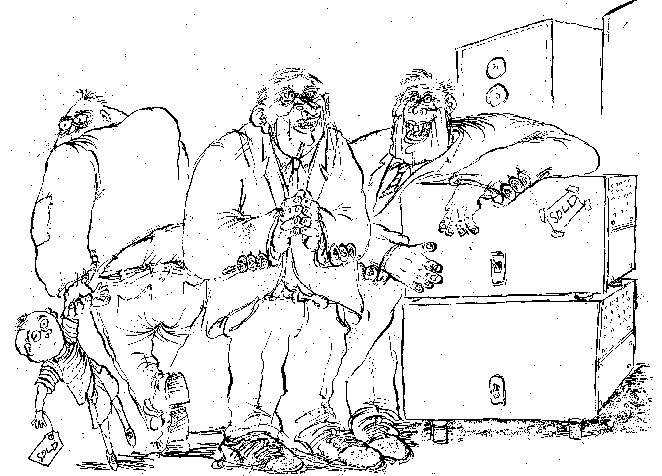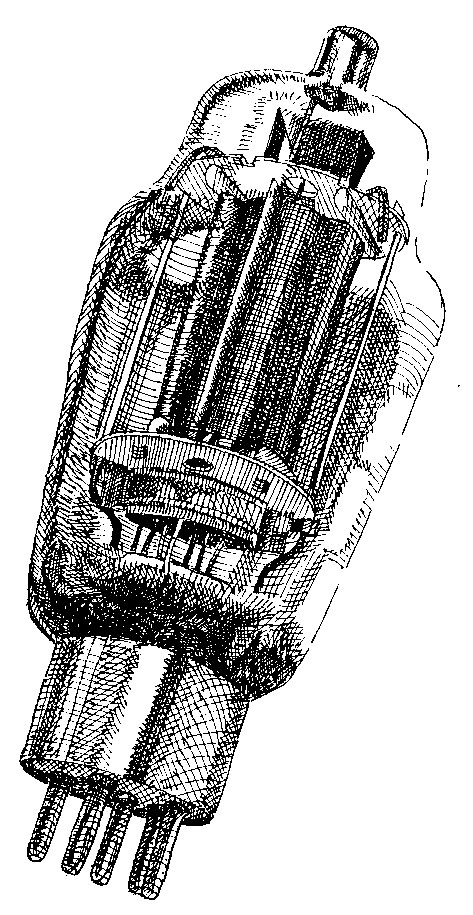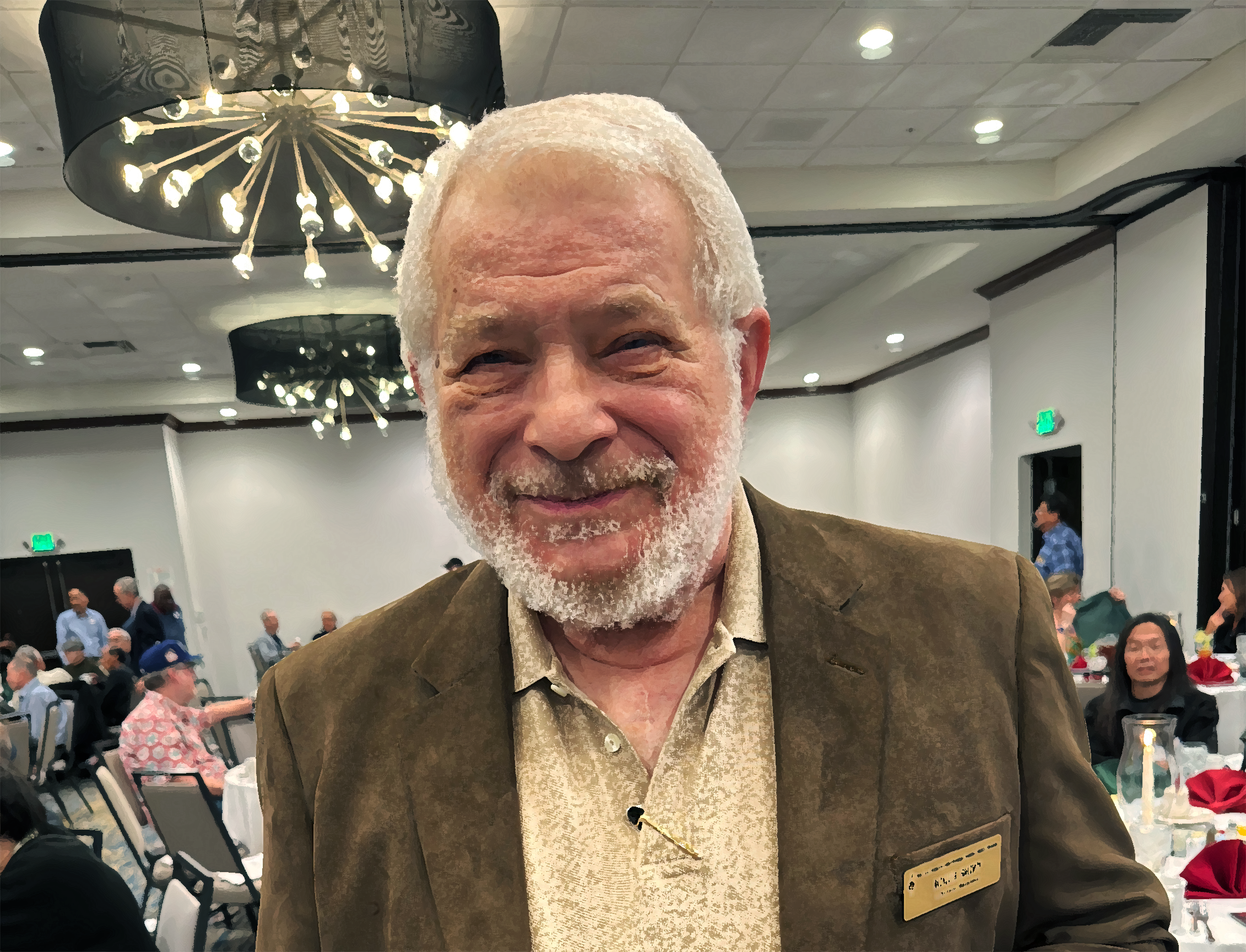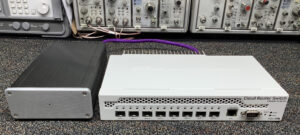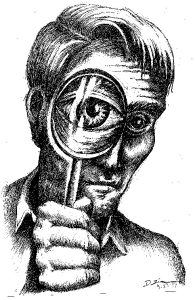Roger Skoff writes about getting the best boom for your buck...
Many a long year ago, even before HiFi prices got to the stratospheric levels they're at now, a friend of mine—a music lover, not yet, but willing to become, a HiFi Crazy—went into his local HiFi shop to see about buying a system.
He was there for only a very few minutes before he walked out again, empty handed—and, frankly, amazed by what he had seen.
Right, seen, not heard.
The fact of it was that when he went into the store he was greeted by a salesperson (or maybe even the owner) whose first question, after welcoming him to the store, was "What are you looking for?", his second was "What kind of music do you like to listen to?", and whose third was "How much do you want to spend?"
The answer to the first one was (So I was later told) something like "Uh, I don't know; something to play music on?" The second was "just about everything," and the third was "I don't know; how much does this stuff cost?"
At which point, he told me afterwards, the salesperson/dealer/whatever pointed to a number of things of brands that he had never heard of, to serve purposes he didn't know about (What the heck is a preamp?), and at prices that he would have expected to pay for a new car or an addition to his house...
"It's easy...you just sell the kids!" (Drawing by Bruce Walker)
That's when he walked out, without even having heard any of the for-that-price-it-must-be-magnificent stuff the store had for sale.
My dear friend, Jim Arvanitis (recently passed), used to say that nobody wants to buy a drill; what they want is holes; they just buy the drill to get them. It's true. All but the craziest HiFi Crazies, even though they may love the equipment and build a whole hobby around it, are still ultimately after, not the gear, but the music that it plays for them.
That's what my other friend, the "willing-to-become" HiFi Crazy was looking for but, because he was an absolute HiFi Virgin, didn't even know what all those components and speakers were, let alone why they were worth so much money to buy. And it was why, instead of buying good stuff that he could have afforded, he wound up getting a "mid-fi" receiver and some "Genuine 12-inch, 200-watt" speakers at the local Big Boxes store.
A better alternative – whether for utter newbies wanting to get just one toe wet; kids, who, because they are kids, have no money; limited budget music-lovers; or even full-blown HiFi Crazies seeking to build or better their system without having to put a new mortgage on their house to do it—is to buy what a car dealer might call "pre-owned" equipment.
The great thing about buying stuff used—oops, sorry! "Pre-owned"—is that, while it can save you a ton of money, there's little lost in performance as compared to new equipment. In fact, because you are getting it for less than its new equipment price, it may be that, for however much money you're willing to spend, you might, by buying used, be able to get something far better than if you had spent the same amount of money on brand new gear.
Another thing is that, if it hasn't been abused, a piece of equipment a few years old may have suffered little or no performance decline as compared to when it was new. Caution: That applies only to solid-state electronics. The reason is that, while solid-state gear may take some warm-up or burn-in to achieve its full performance from new, once it hits its peak, it will likely stay there for years without any perceivable decline in performance.
Tube electronics are different: Tubes start out new at just most (85-90%) of their potential performance; get better for a while as they burn-in and "mature"; eventually reach their performance peak; stay there for a while; and then steadily decline in performance until, eventually, they "burn-out" or otherwise have to be replaced—often at ghastly high cost.
Note #1: if buying used tube gear, ask what tubes it uses and check their replacement cost before making the deal.
Note #2: For what it's worth, radio stations with tube electronics left everything turned-on, 24/7, explaining that it's not operation that wears-out tubes, but the repeated heating and cooling cycles of turning them on and off again. That, they said, eventually created micro-cracks in the internal metal parts, and caused the tubes to fail.
Another thing that can be bought used for a big saving is cables. Yes, they do make a difference (Some people say that the AC power cord is among the biggest—even for turntables. This is not personally verified by me. Although I own four turntables, none has a replaceable power cord, so I've never tried.), and they can usually be picked up for a big saving off their original price. Be careful, though, in buying them, and, if you are able, listen to them before you buy. All cables sound different, to one degree or another, and a more expensive or a better-known brand is not a guarantee of better sound.
Speakers are worth buying used, too, but they are more complex: Some, like electrostatics or woofers, may actually get better as time passes and their diaphragm or cone(s) are flexed by use. Others, though, especially cone speakers with foam surrounds (the rubber part around the cone(s) of the driver(s)) can actually be at or close to the point of needing repair, because, over time, foam surrounds become brittle and can actually crumble, leaving the cone unsupported. So, if you're looking for used speakers, if the grille cloths are removable, remove them and take a look at (or touch) the drivers' surrounds to check them before buying.
If you're considering pre-owned gear, check your local HiFi dealer. Most take trade-ins, and they might not only have what you want but give you the opportunity to audition it before buying. There are also a number of online used HiFi outlets, and they may have return/exchange policies. Private party sales are also possible, advertised in any number of places. Finally, one source that I've bought a surprising number of pieces of HiFi gear from at remarkably low prices is the local Goodwill (or equivalent) store. I've gotten receivers, CD players, and even an FM tuner there, for practically nothing.
Whatever it is that you're considering, one way of avoiding sky-high equipment prices is to get what you want pre-owned. Check it out. You might find that you really can enjoy the music you want to listen to at prices you're willing to pay.





